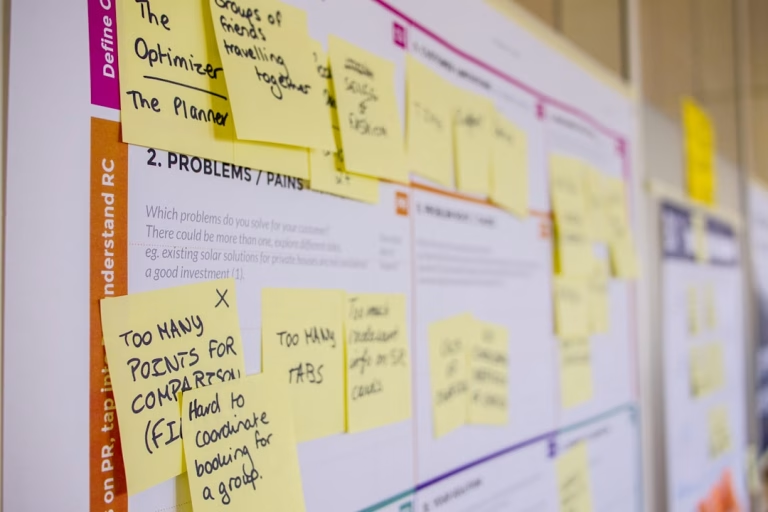Advanced Programming Techniques in R: A Comprehensive Guide
Advanced Programming Techniques in R: A Comprehensive Guide
Hey there, programming enthusiast! Whether you know R like the back of your hand or you’re just dipping your toes in its data-driven waters, this post is for you. Today, we’re going to delve into the world of advanced R programming and unravel some of its complexities. By the time we’re done, you’ll be churning out code as if you’re tapping out text messages to your best bud. Ready to jump in? Let’s go.
Why R? A Personal Perspective
I remember when I first discovered R. I was working on a hefty data project, and Excel spreadsheets were driving me up the wall. A colleague suggested I try R, which I hadn’t even heard of at the time. The result? I fell head over heels for this programming powerhouse. From data manipulation to statistical analysis, R brought something new and exciting to the table. Now, through this post, that passion for R finds a purpose: to help you explore its advanced offerings.
Taking R Programming Up A Notch
Advanced R programming isn’t your typical walk in the park. It’s a bit like hiking up a steep hill only to find the most breathtaking view at the very top. It’s a journey that I’m excited to take you on. First, let’s set a clear path by outlining the areas we will cover.
- Functional Programming
- Meta-Programming
- Performance Optimization
1. Functional Programming
Let’s kick things off with functional programming. Here we’re looking at a style of programming where the output value of a function depends solely on the arguments that are input to the function. It’s like baking, right? You put in flour (gosh, I love the smell of flour), a splash of milk, a little bit of this and that—and voila! You get a cake. However, it’s not always as simple in R—and that’s where the fun begins.
In advanced R, understanding Functional Programming isn’t just a selfish endeavor. It’s a tool to boost the readability and cleanliness of your code—a glorious cake that everyone savors(1).
2. Meta-Programming
Fancy a bit of magic? Welcome to metaprogramming, where we write code that writes other code. It’s an Inception-esque rabbit hole and can make your programs more potent and flexible. Alyssa, a teammate from my last project, once transformed hundreds of repetitive lines of code into a few using this advanced R technique. Trust me, this advanced method wil open up a whole new world of possibilities for you(2).
3. Performance Optimization
Finally, we have performance optimization, which I like to call, the art of making your code work faster and more efficiently. Yes, just like adding rocket boosters to your bicycle! A fun thrill, isn’t it? Thankfully, in the world of R, there are specific techniques and packages like profvis(3) and microbenchmark(4), which can be used to analyze and boost the performance of your code.
And there you have it, my friend. You’ve equipped yourself with advanced R programming techniques and are ready to conquer any data analysis challenge that comes your way. But this is just the beginning. Remember, wisdom is knowing how little we know. Keep exploring, keep learning, and most importantly, keep coding in R!
Sources:
1. Hadley Wickham’s “Advanced R”: Chapter “Functional Programming”: https://adv-r.hadley.nz/fp.html
2. Thomas Mailund “Metaprogramming in R”: Chapter 1: https://link.springer.com/chapter/10.1007/978-3-319-65304-4_1
3. Profvis package documentation: https://rstudio.github.io/profvis/
4. Microbenchmark package documentation: https://cran.r-project.org/web/packages/microbenchmark/index.html
Happy R programming!






